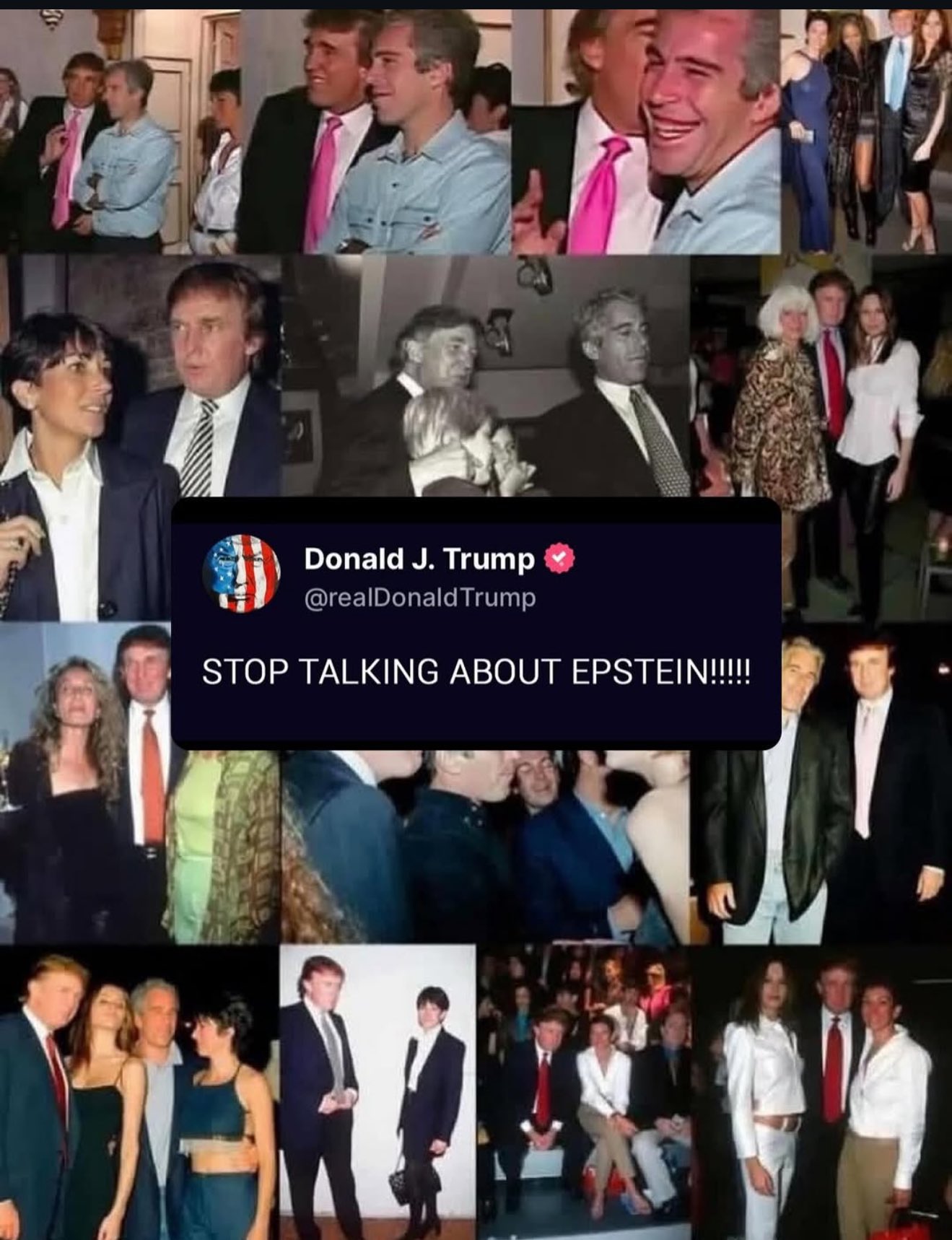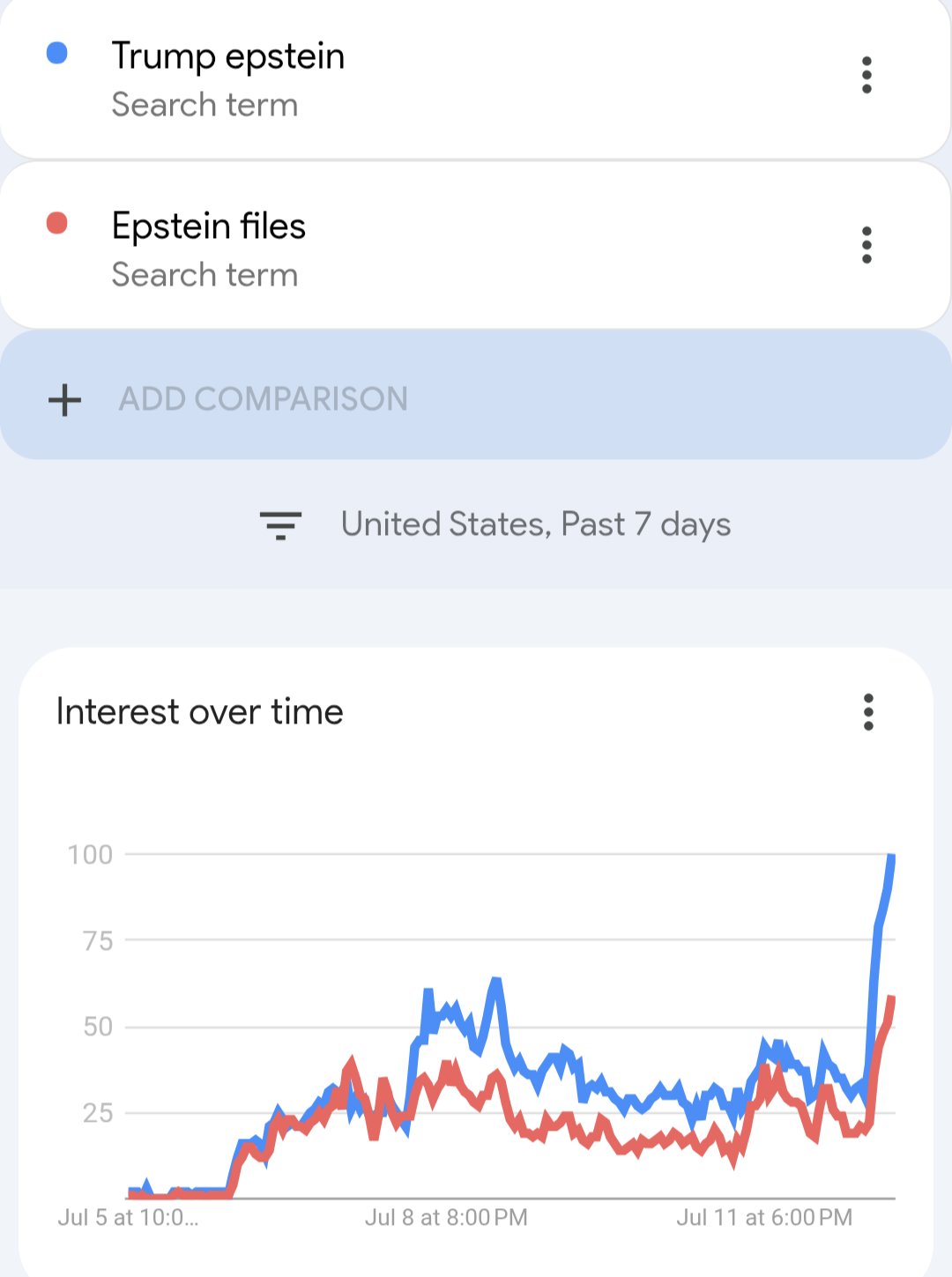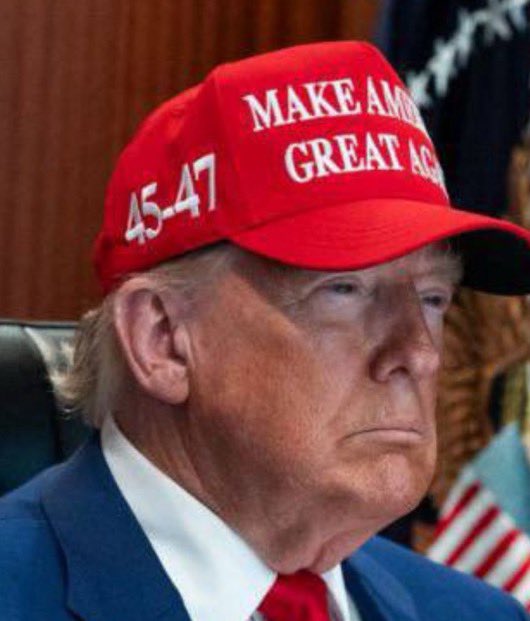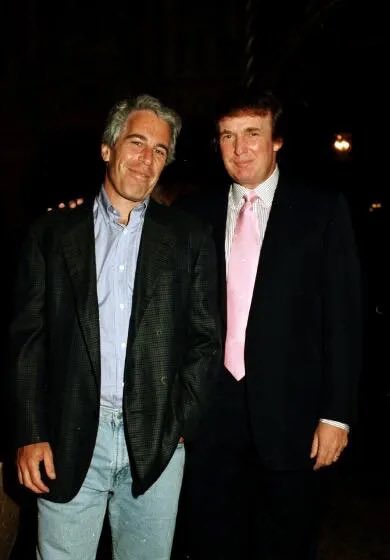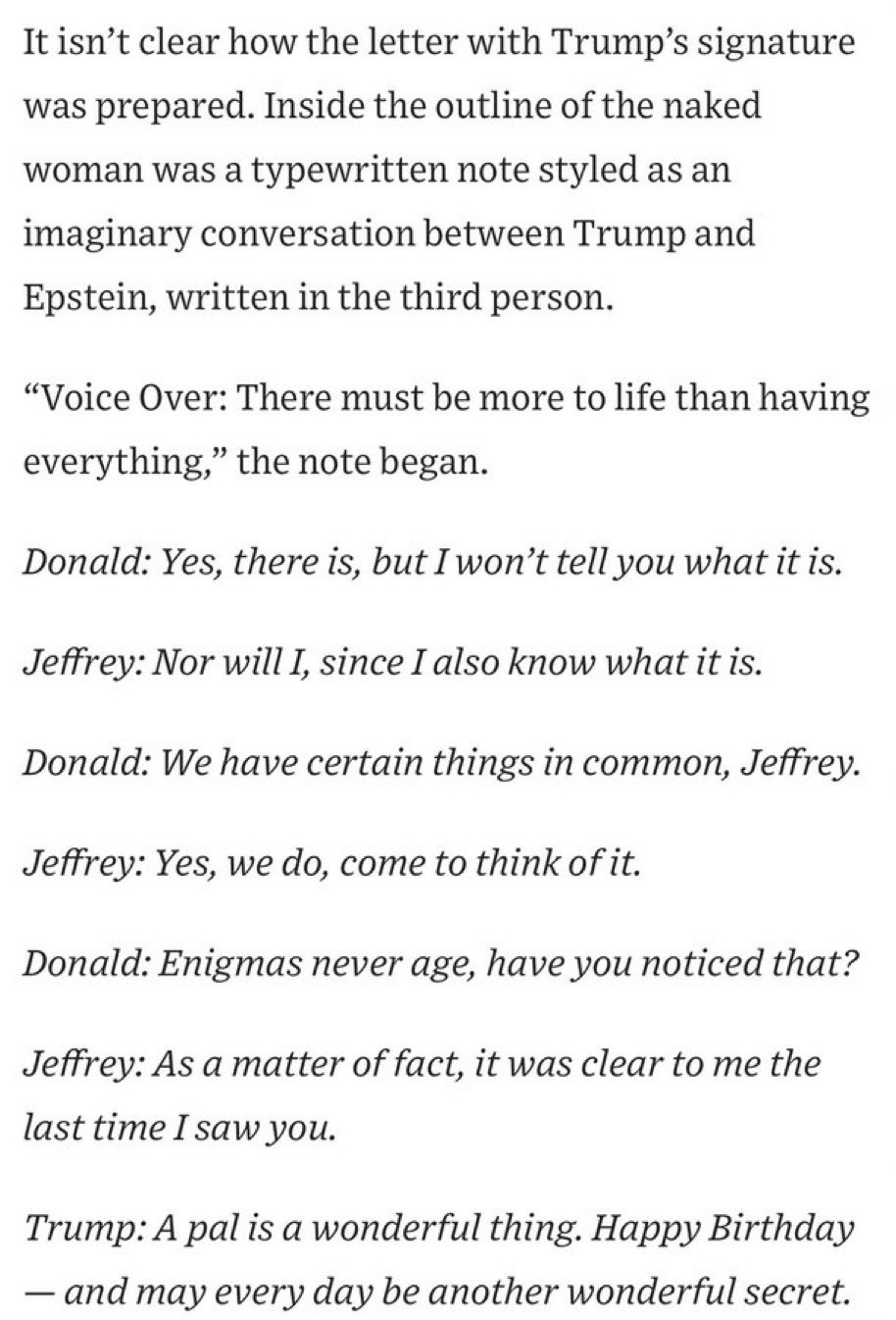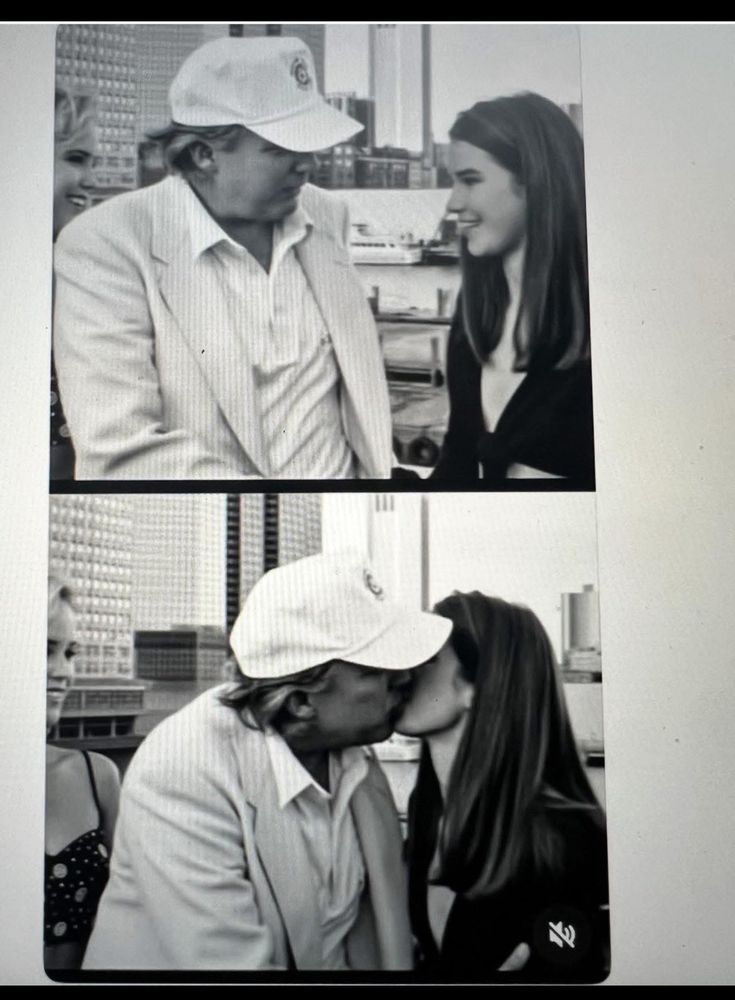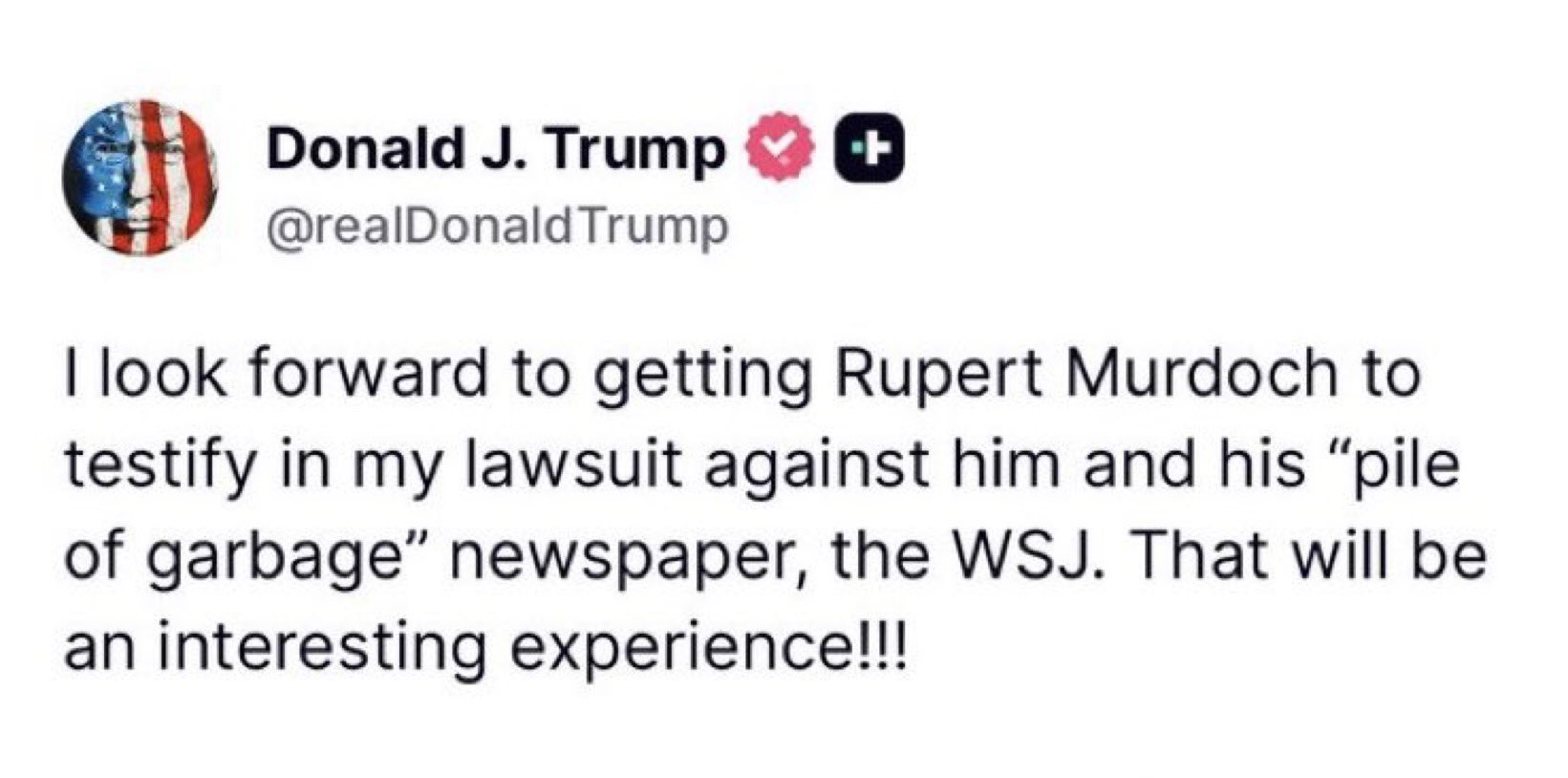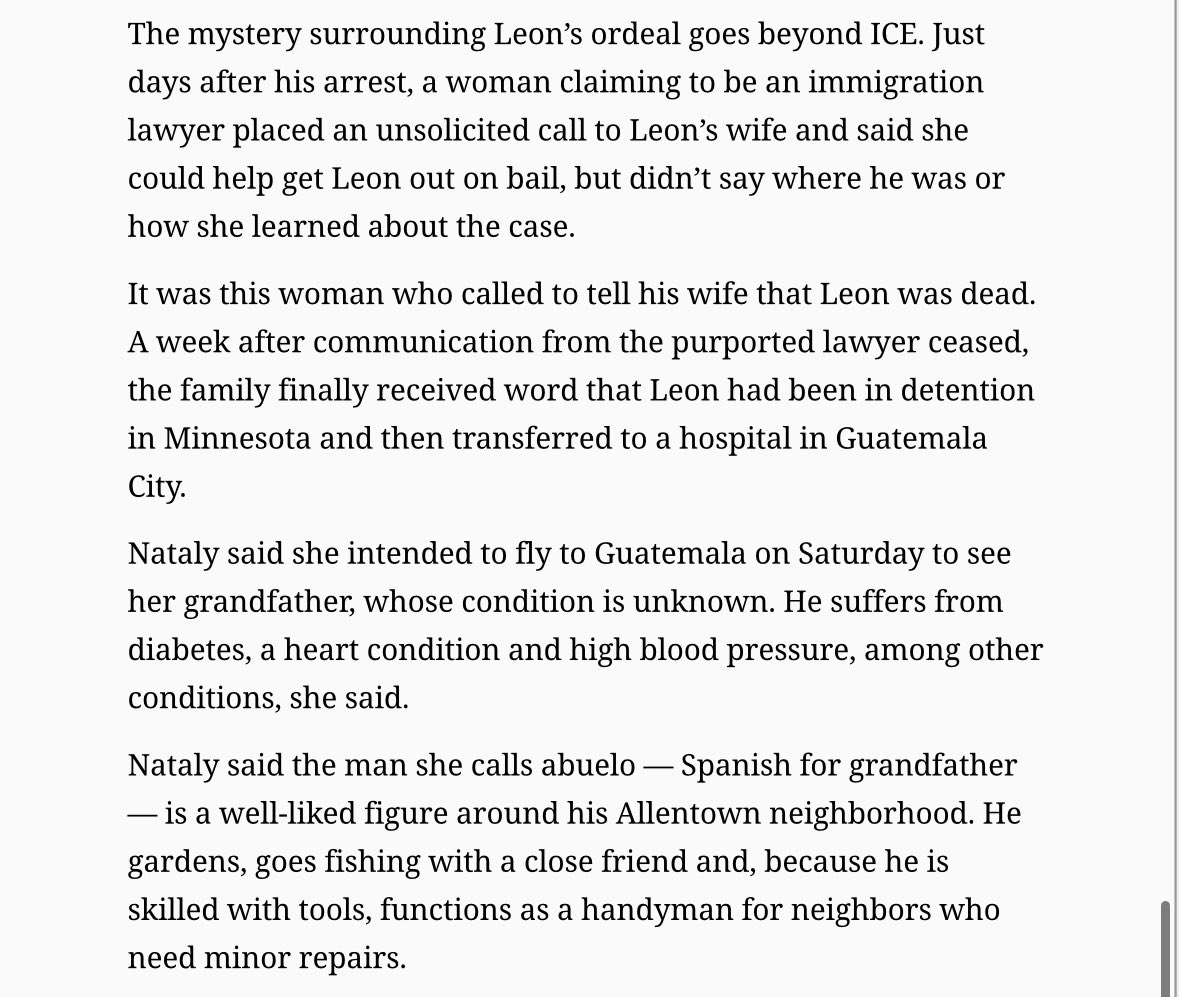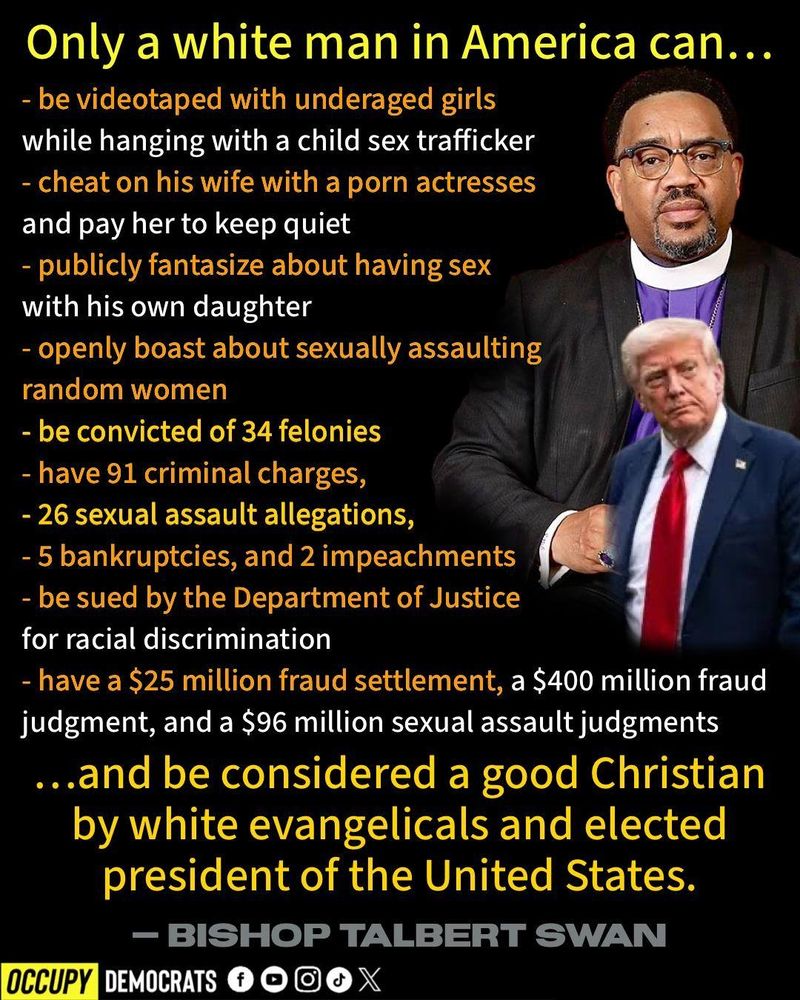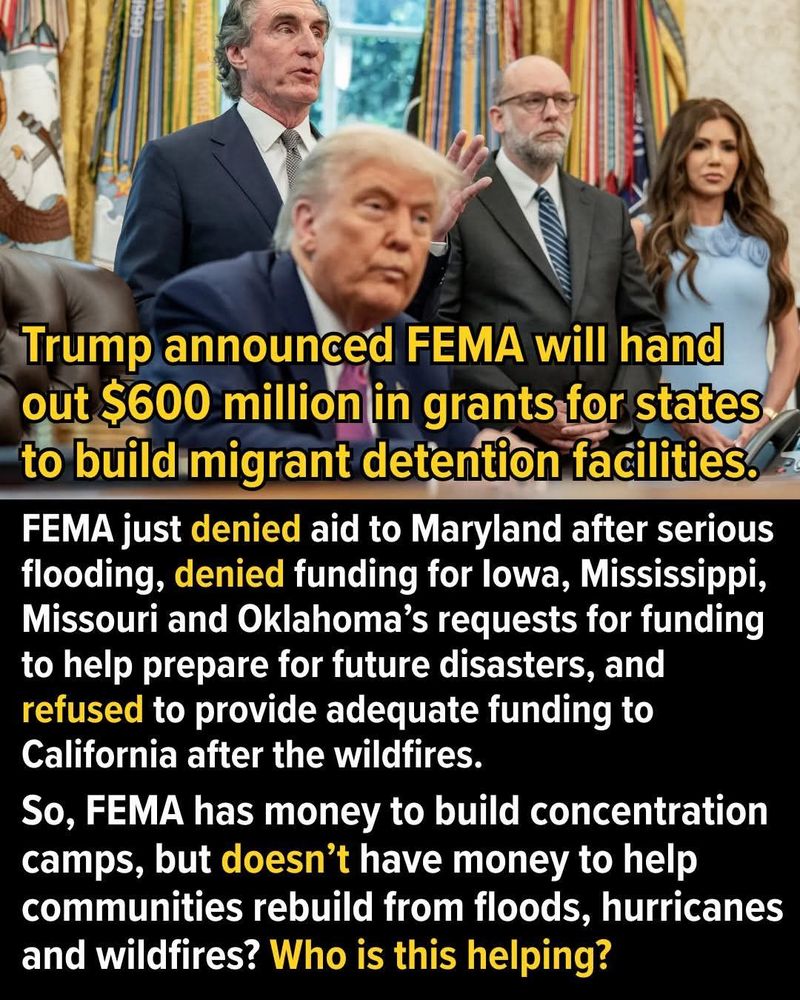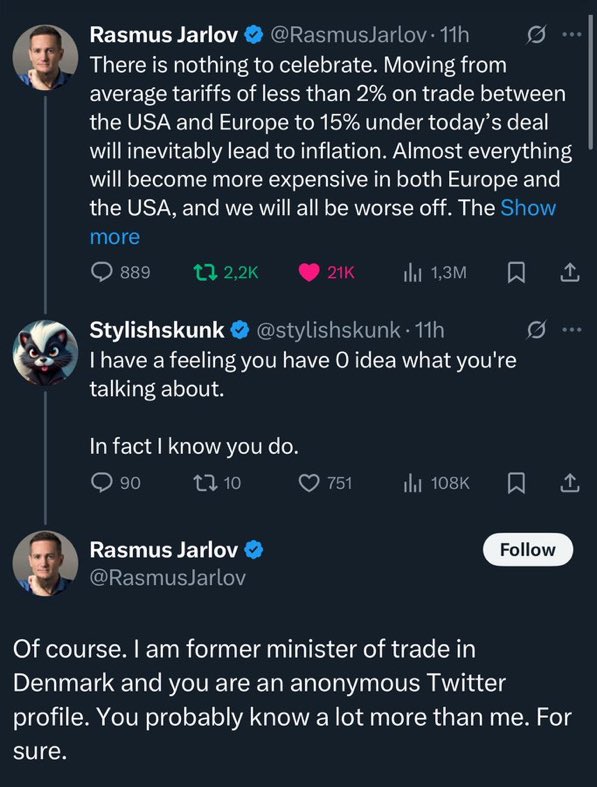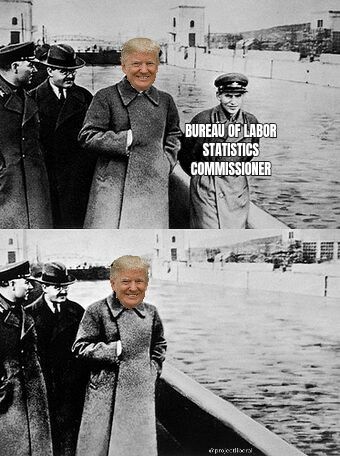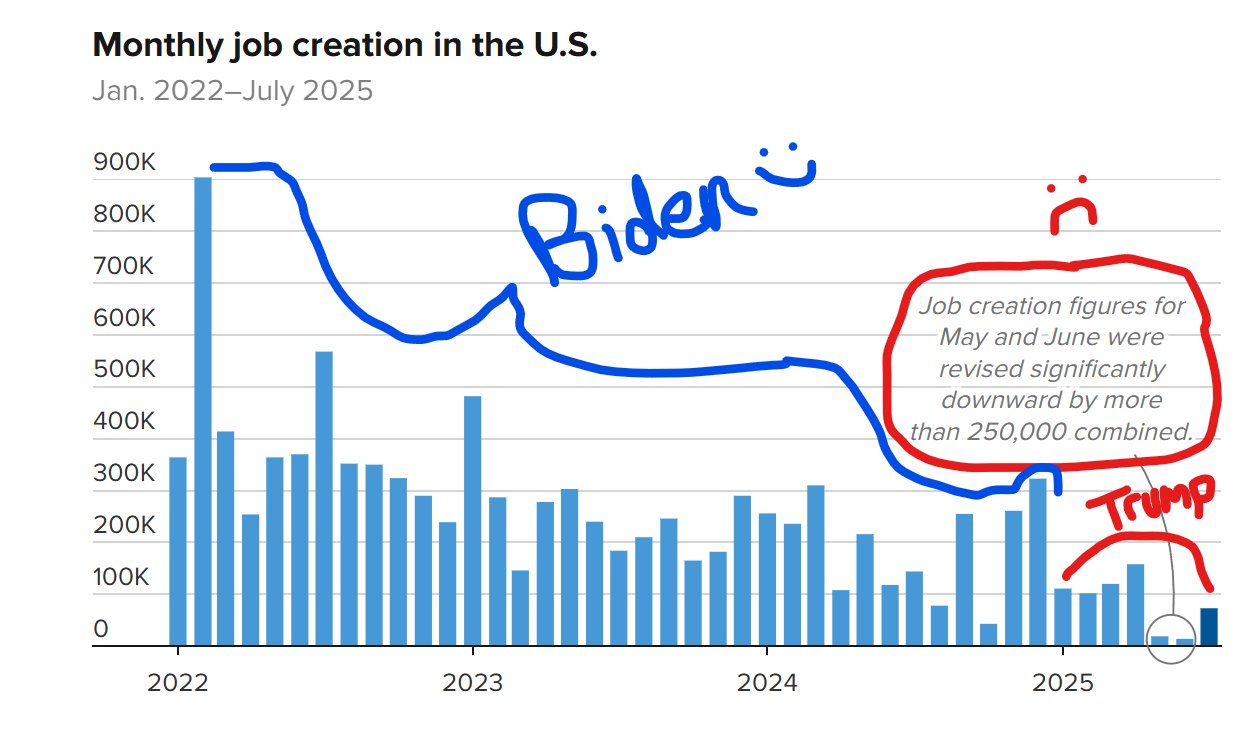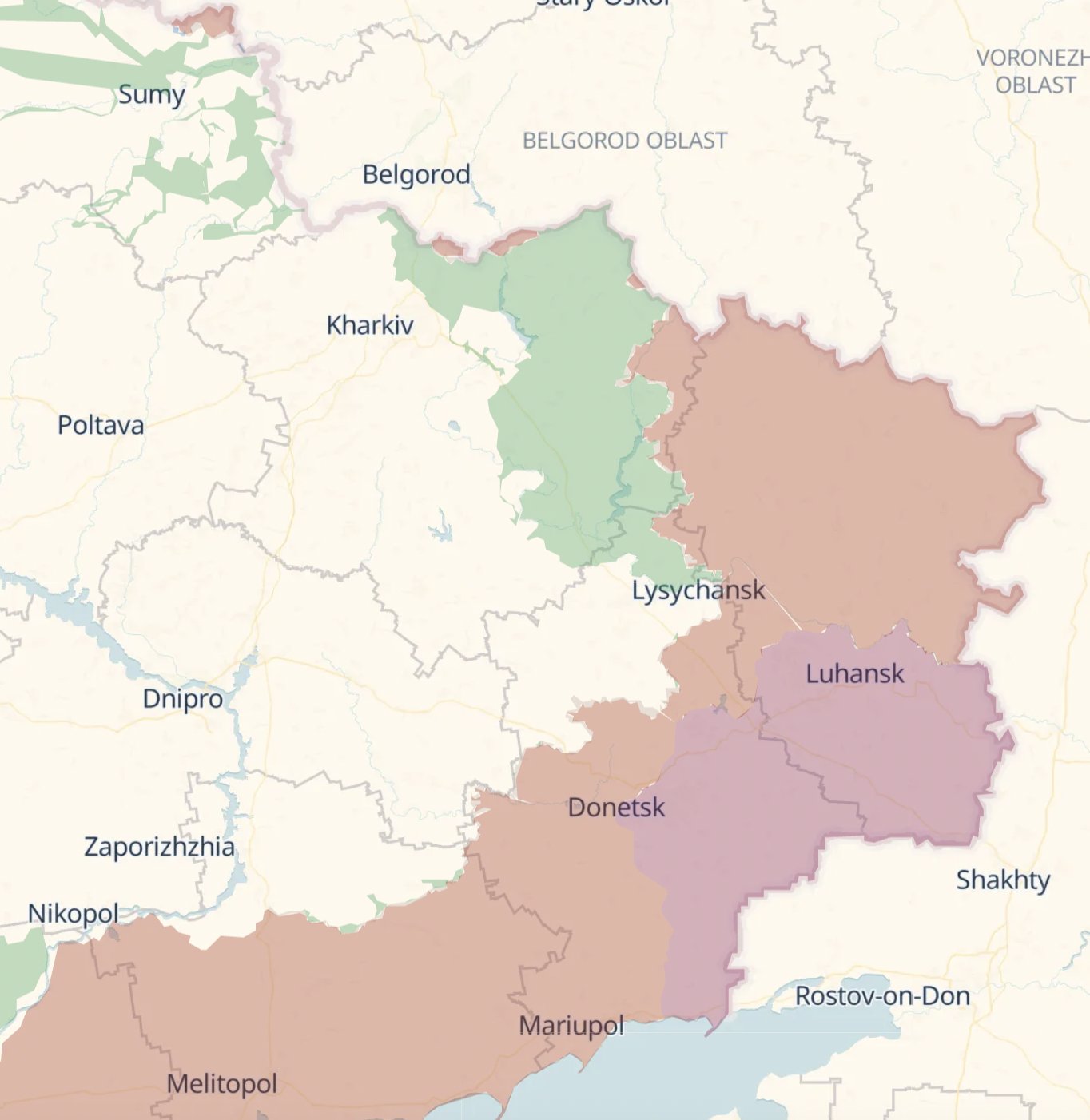Trump quer dispensar os religiosos do dever de denunciar abusos sexuais com base no "sigilo da confissão".
Unholy Bargain - Trump and the Catholic Church Fight a Law Requiring Clergy to Report Child Abuse
Washington moved to close a dangerous loophole. Now there’s a constitutional showdown pitting religious freedoms against the duty to protect children
July 20, 2025
[...]
For supporters like Young, it closed a loophole that let clergy across denominations keep abuse in the dark. For opponents, it was an attack on religious freedom with no exception for sacred rites like confession.
In that moment, Ferguson closed the door on a battle two decades in the making — and opened another. When the room cleared that morning, no one — not even Ferguson — could have predicted just how quickly the law’s challengers would mobilize.
Within 72 hours, Trump’s Justice Department, led by Attorney General Pam Bondi, had launched a First Amendment probe into what it called an “anti-Catholic” law.
The Archdiocese of Seattle, along with the dioceses of Yakima and Spokane, filed a federal lawsuit — Etienne v. Ferguson — claiming the new law was a punch thrown straight at the Catholic church; that it forces priests to choose between obeying the state or violating a core religious duty.
Then, on June 23, the U.S. Department of Justice formally threw its weight behind the Catholic church, filing a formal motion to intervene in the case — a request that was granted on Tuesday.
And on Friday, Judge David G. Estudillo issued a preliminary injunction blocking enforcement of the new law “as to the Sacrament of Confession” for the Seattle, Yakima, and Spokane dioceses, days before its July 27 effective date.
What began as a move to close a dangerous loophole exploded into a high-stakes national fight over the limits of religious liberty: whether the First Amendment allows church doctrine to overrule secular law when the two conflict.
At its core, this battle turns on a crucial question the courts — and now the country — are forced to confront: Where does religious freedom end and the duty to protect children begin?
Washington Closes the Clergy Loophole
Under Washington’s new child protection law, clergy of all denominations are on the hook, just like physicians, nurses, social workers, teachers, law enforcement officers, childcare providers, and others.
The law does not force priests to testify in court, turn over notes, or violate attorney-client privilege. What it does is narrow but consequential: If clergy learn about child abuse — even during confession — they have to notify authorities within 48 hours.
That single requirement closes a loophole most states still leave wide open.
Across the U.S., child abuse reporting laws are a fragmented patchwork shaped by decades of political compromise and religious lobbying. Over the past two decades, efforts in other states — such as Kentucky, Montana, North Dakota, and Wisconsin — to remove the clergy-penitent exemption have routinely stalled long before any high-profile showdown.
Technically, clergy in all 50 states, D.C., and Guam are mandatory reporters of child abuse. But 33 states carve out exemptions for what is learned in confession or spiritual counseling.
Washington now joins just six other states — including some of the most religiously conservative in the country — that take exemptions for clergy off the table completely: New Hampshire, North Carolina, Oklahoma, Rhode Island, Texas, and West Virginia.
But even where states have laws like this on paper, enforcement is often a dead end. That’s because 36 states have either their own Religious Freedom Restoration Acts (RFRAs) or constitutional provisions requiring “strict scrutiny” for laws that burden religious practice. In those states, mandatory reporting rules that reach the confessional are nearly impossible to enforce. In much of the country, that means a priest or pastor can legally keep abuse secret if it’s disclosed in a privileged setting.
[...]
Four days later, Estudillo dropped the hammer, issuing a preliminary injunction that bars the state from enforcing the requirement that Catholic clergy in the Seattle, Yakima, and Spokane dioceses report child‑abuse disclosures made during confession. That order stays any penalties or prosecutions for priests who honor the confessional seal, leaving the law inoperative for those dioceses until Etienne v. Ferguson plays out in court. (Orthodox churches sued separately and remain subject to Washington’s new law unless they secure their own injunction at a July 25 hearing.)
Together, the two lawsuits, along with the DOJ’s involvement, have made Washington’s law a high-stakes legal test. Whether its promise of ending clergy secrecy in abuse reporting holds, or collapses under constitutional challenge, now rests with the courts.
“Children will continue to suffer because religious leaders they trust are not reporting when children tell them they are being hurt,” says Sen. Frame. “People keep asking me, ‘What happens now?’ What happens is that children who are being abused continue to be abused. Full stop. Period.”
